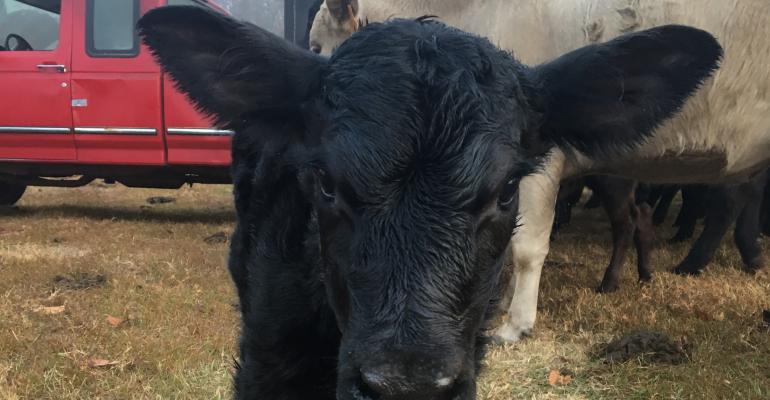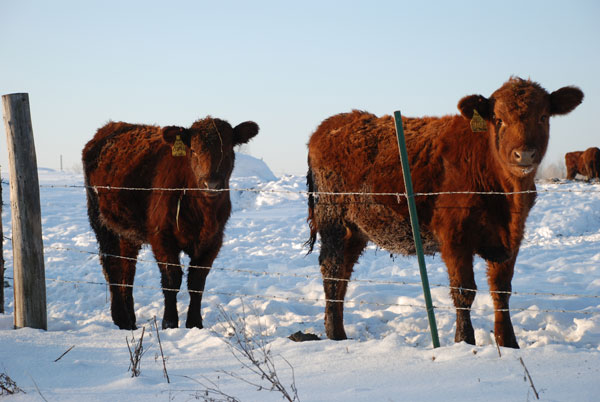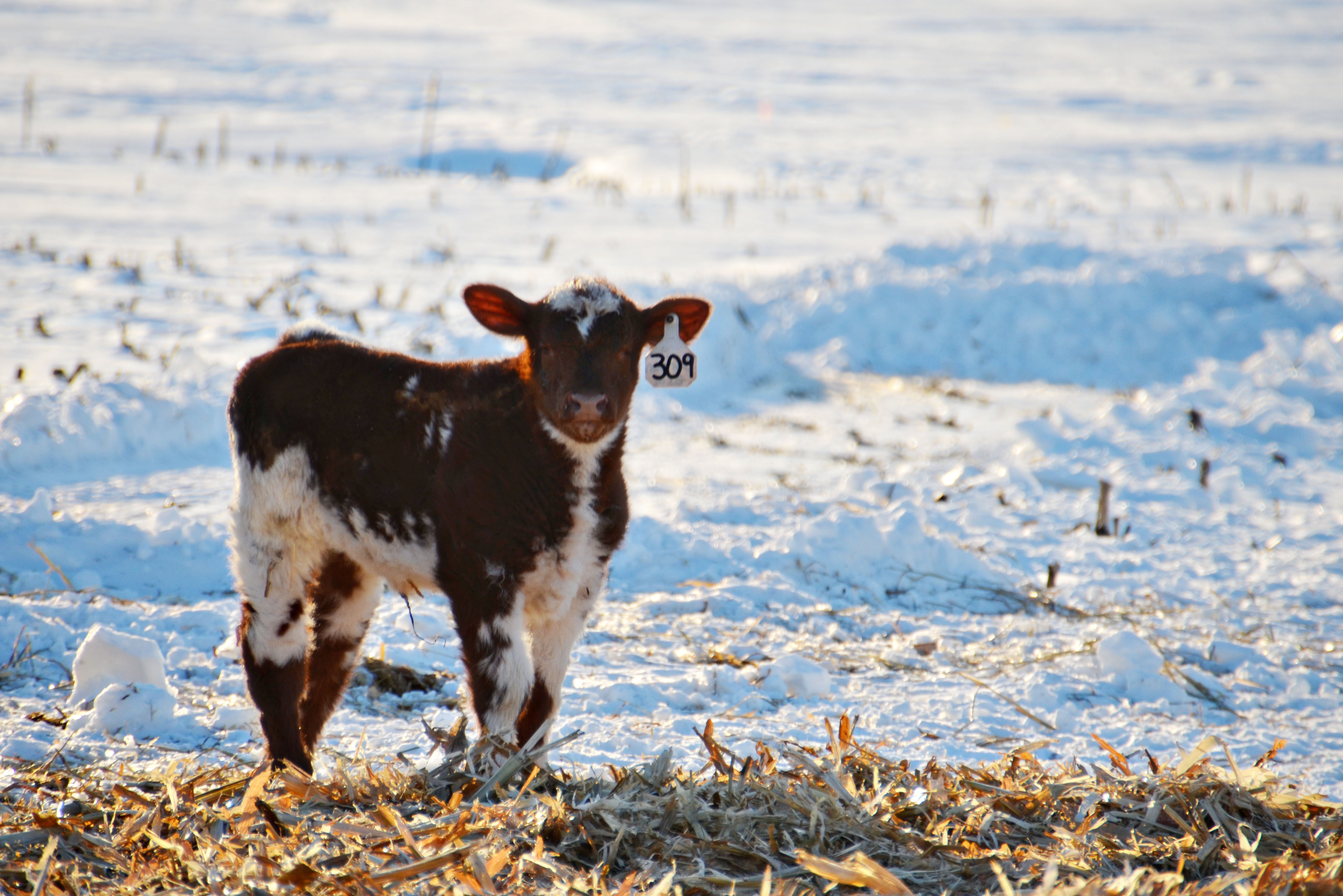Claiming that an HSUS-backed egg law in California violates the Constitution, 13 state Attorneys General have joined together to file a suit in the U.S. Supreme Court. California requires any eggs sold there to be from hens with specific space requirements in their cages, reports AgWeek.
The lawsuit, filed by Missouri Attorney General Josh Hawley, alleges that the California law violates the U.S. Constitution’s interstate commerce clause and is pre-empted by federal law. Other states joining in the suit are Alabama, Arkansas, Indiana, Iowa, Louisiana, Nebraska, Nevada, North Dakota, Oklahoma, Texas, Utah and Wisconsin.
North Dakota has also joined another suit filed in U.S. Supreme Court against Massachusetts, which passed a ballot measure banning the sale of pork, veal and eggs produced under confinement. That suit, filed by Indiana Attorney General Curtis Hill, is also based on the U.S. Constitution’s interstate commerce clause. Other states joining that suit are Alabama, Arkansas, Louisiana, Missouri, Nebraska, Oklahoma, South Carolina, Texas, Utah, West Virginia and Wisconsin.

U.S. Secretary of Agriculture Sonny Perdue announced USDA’s Farm Bill and legislative principles for 2018 during a town hall at Reinford Farms in Mifflintown, Penn.
“Since my first day as the Secretary of Agriculture, I’ve traveled to 30 states, listening to the people of American agriculture about what is working and what is not. The conversations we had and the people we came across helped us craft USDA’s Farm Bill and legislative principles for 2018,” said Secretary Perdue. “These principles will be used as a road map – they are our way of letting Congress know what we’ve heard from the hard-working men and women of American agriculture. While we understand it’s the legislature’s job to write the Farm Bill, USDA will be right there providing whatever counsel Congress may request or require.”
Click here to download USDA’s 2018 Farm Bill and legislative principles.

We all know the rule; trouble will befall any cow you deem as special, and especially those you choose to name. And that’s the one whose calf ran under the wheels of the feed truck, according to Southwest Farm Press.
Somehow my sister had accidently run over the calf with the feed truck. She thought for sure that its ribs were crushed and that internal bleeding would likely ensue. I knew how she felt, and I wanted to throw up.
I can’t explain how a 100-pound calf can be run over by a three-quarter-ton pickup truck and live. But I do know that sometimes we receive gifts we don’t deserve.
Click here to read the whole story.
Start now to improve pastures for a better grazing season

This time of year may seem an odd time to do pasture improvement projects. But now is the time to get some things done to make things better this spring and summer. Like brush control, reports Farm & Dairy.
Many herbicides are labeled for use on woody invasives and each use has advantages and disadvantages. During the winter, a basal bark treatment can be effective in controlling these problem plants.
Click here for five tips on winter pasture projects.

Cold temperatures bring additional challenges when accompanied by wind or wet weather. Russ Daly, Extension veterinarian and associate professor at South Dakota State University, says that even very young calves can handle fairly cold temperatures if they are dry and have the insulating effect of a fluffy hair coat, reports the Angus Beef Bulletin.
It’s also crucial to make sure calves suckle adequate colostrum very soon after birth to have adequate energy to keep warm.
“A calf is born with less than a day’s worth of energy, in the form of brown fat, to burn for body heat. If he doesn’t get colostrum, once that brown fat is gone there is no energy available for the calf to maintain or regulate body heat,” says Daly.

Anyone concerned over the future of NAFTA or Korus should wait to see the real spoiler of U.S. trade looming in the shadows, just out of sight. It’s Trade Promotion Authority, or TPA.
Unless President Trump requests that it be renewed before the July 1 expiration date, it goes away, and all trade authority shifts to the federal government, at the direction of the cabinet and its many secretaries — and at the discretion of the executive branch, according to Southwest Farm Press.
Analysts say failure to renew TPA would put the President in a position where if he decided to withdraw from NAFTA (assuming current negotiations have not ended for better or worse), he would not be burdened by Congressional involvement, effectively giving the White House a free hand in negotiating and determining decisions for all trade deals.




Leave A Comment